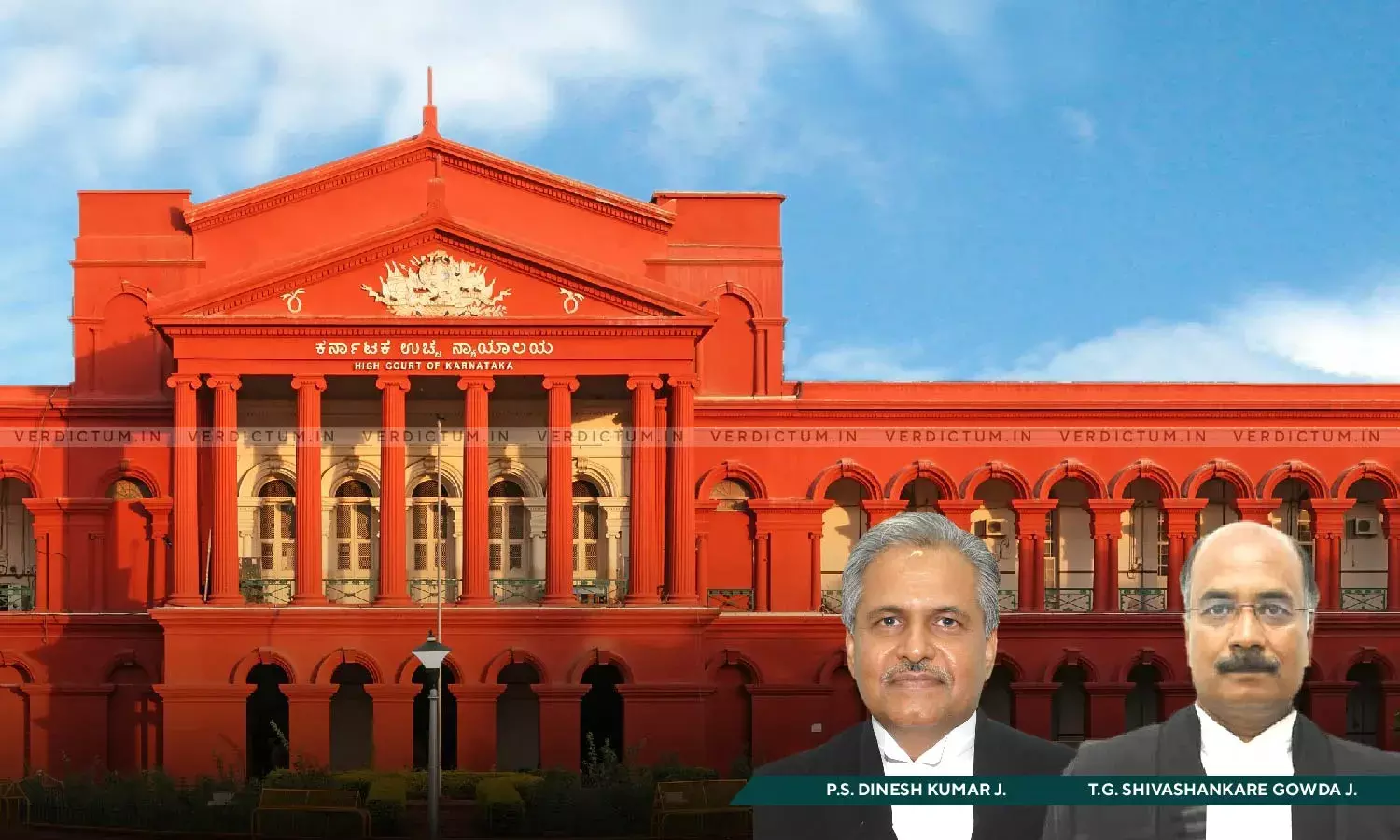Charger And Mobile Phone Sold In One Set To Be Taxed Together At 5%, Cannot Be Taxed Separately - Karnataka HC Clarifies

A Karnataka High Court Bench of Justice PS Dinesh Kumar and Justice TG Shivashankare Gowda has clarified that a charger sold along with a mobile phone in one set cannot be taxed differently.
The Court has further specified that the charger and the mobile phone in ‘one set’ are together chargeable at 5%.
Counsel Jeevan J Neeralgi appeared for the Petitioner, while Counsel S Ganesh appeared for the Respondent.
In this case, the question posed before the Court was whether mobile phone chargers sold along with mobile phones in a composite pack attract tax at the same rate as applicable to mobile phones only and it cannot be taxed at a higher rate as unscheduled goods under Section 4(1) (b) (iii) of the Act.
Referring to the Assessees' argument of the application of the Dominant Intention Test, the Court observed that "There can be no doubt that the main intention of a purchaser/seller while buying/selling a ‘Mobile Set’ is to buy/sell the mobile phone and not charger alone. Supply of charger, headset, and ejection pin are incidental to the sale. Therefore, the Dominant Intention Test would apply to the present case and hence, charger cannot be differently taxed."
Referring to the Karnataka VAT Act, the Court took the considered view that "The mobile phone finds its place in III Schedule and taxable at 5% and therefore, the charger which is also sold along with mobile phone in ‘one set’ is together chargeable at 5%."
The Court also placed reliance on the decision of the Apex Court in the case of CIT vs BC Srinivasa Setty, where it was held that the charging section and the computation provisions constitute an integrated code and if these two requirements are not jointly present, no tax can be levied or sought to be recovered.
In furtherance, the Court observed that "A bare perusal of the Section 4 (charging section) of KVAT Act and Rule 3 (computation provision) of KVAT Rules would clearly indicate that there is no prescribed mechanism provided for determining the value of individual goods in a composite transaction. Thus, in the absence of a valuation mechanism, tax cannot be levied differently on each of the component by separating a single composite package."
Consequently, the petitions were dismissed. No orders were passed as to costs.
Cause Title: The State of Karnataka & Ors. v. M/s. Intex Technologies India Ltd.
Click here to read/download the Judgment

